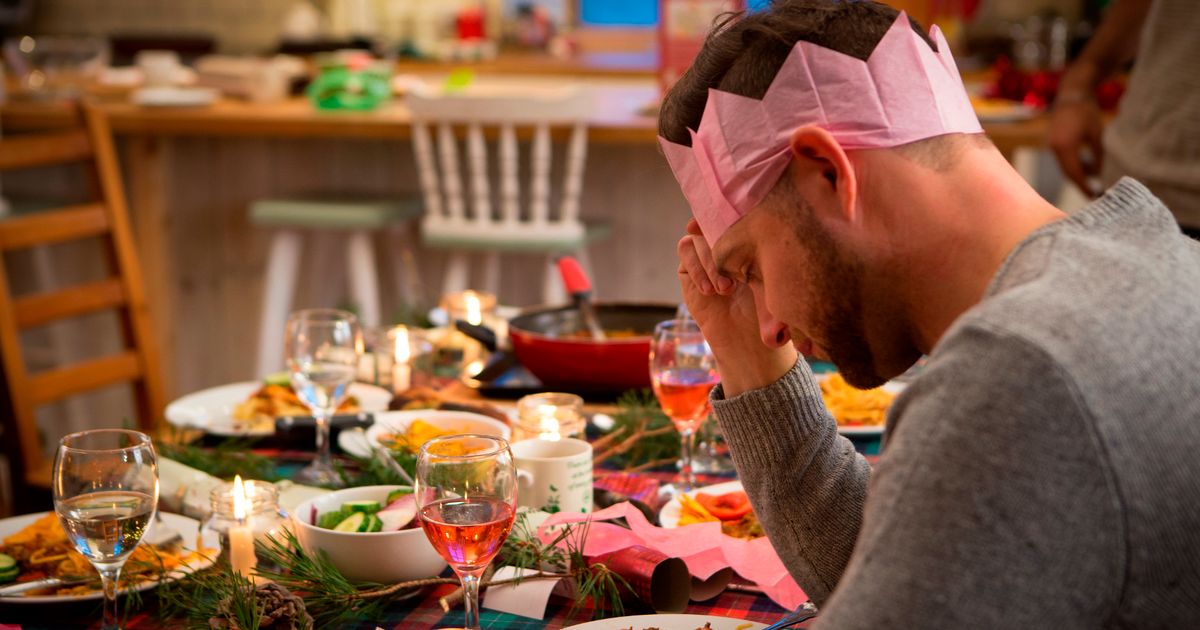6 tips for dealing with a difficult family
It’s the most wonderful time of the year. Full of Christmas cheer, warmth and kindness. Opening gifts, eating good food and spending enjoyable time with family. Furthermore – time off work! What’s not to love. This is the perfect family stereotype, that in reality doesn’t exist – especially when you are part of a difficult family. So lets explore some of the challenges families face during this period, and how to survive this Christmas.
What makes a family difficult ?
Any family that has experienced:
- Marriage difficulties / divorce
- Mental health issues
- Physical health issues
- Alcohol or substance abuse
- Gambling issues
- Domestic abuse
- Sexual abuse
- Imprisonment of a family member
- Re-marriage / step families
- Bereavement
- Physical or emotional neglect
- Rupture of family relationships
- Estrangement
Can have very difficult family relationships. Unresolved issues of these times can create distressful traumatic feelings. Which consequently leave you feeling drained when obligated to see family. Just being around family is a trigger to old feelings you may be ignoring. Besides this, if you (or other family members) are estranged, you will still have people asking what are you doing for Christmas. Knowing how to answer this is difficult depending on how much personal information you wish to share. Usually saying ‘we don’t really get on’ is enough, although occasionally that may not feel genuine or what you really want to say. Disclosing family life was difficult or traumatic, (while offering no further information) can be the first step to safely develop your true self, while forming stronger, honest, relationships and reducing any shame surrounding family.
‘Ordinary Family’
Additionally even if your family is pretty run of the mill, you can find yourself reverting back to old roles and routines you once held. Seeing parents and siblings can transport you back to teenage years or younger as you find you become a former version of yourself. If family treat you as the person you were when they knew you best, then you are likely to behave as that person. Like an interlocking behavioural pattern, the family dynamics fall straight back into place leaving you with old roles like ‘peace keeper’, ‘responsible one’, ‘funny one’ or ‘black sheep’ which you outgrew a long time ago. Consequently it can be really stressful having these old roles and coping mechanisms triggered if you have no awareness of what is happening and why.
Knowing what’s happening and why can help you survive Christmas.
Ways to get through the holidays with family
Manage Expectations
Don’t measure yourself up against the media perfect family Christmas. You won’t be able to control how people respond to gifts, food, or decorations. You cannot get everyone to join in family games, not be on their phones or want to watch the same thing on TV. Your hard work & effort may not be appreciated to the level you would like. Knowing and accepting this can help you be prepared, contain emotional outbursts and survive Christmas.
Be Flexible
Negotiating which days each parent has the children, scheduling separate days to see your own divorced parents or choosing whether you see your family or your partners this year, whatever the situation is – being flexible will help. While the 25th December is obviously Christmas day, it’s still possible to spend quality time together in and around this time. After all this really is the most important part of the festive season.
Take time out
Taking time out when feeling tense, stressed or anxious will reduce emotional reactions and help with emotional tolerance. Going for a walk (with or without a dog), getting someone else to help cook while you have a cuppa, checking out your social media, phoning a friend or finding a quiet room to practice deep breathing, swearing or crying will all help. Taking time out acts as a safety valve and stops feelings boiling over in the moment.
Set Boundaries
If you are hosting setting your boundaries helps reduce stress by being very clear on what you will and won’t accept. Whether guests need to take their shoes off, help clear the table or children can’t jump on the sofa – tell them. Eventually it will annoy you throughout the visit if boundaries aren’t set and shared. If you are visiting family, knowing when you want to leave, and if you need to take your own car, will give you more options. Positioning yourself next to those you generally feel most comfortable with will ease discomfort. Lastly, be confident to restrict conversations you don’t want to discuss. You will feel more in control.
Self Awareness
When family is a trigger holding in mind you are now an adult and things are different can help. You do not have to accept the roles that people want you to pick up again, and are free to be yourself. Not only because you are now an adult so spend less time with family, but also because you have more control. Unlike being a child, you can decide to reject your families opinions on anything, including yourself.
Reflection
Finally once Christmas is over, reflect on what happened. Is there anything you would do differently, how has it left you feeling? If it feels safe, It can be helpful to talk through Christmas with other family members. Alternatively counselling can help explore unresolved issues and strengthen the self you are now.
Maintaining perspective will help you survive Christmas. Remember we can’t control others – only our response to them.
Wishing you a happy & healthy festive period.
If you wish to seek further support, please click on the contact page to get in touch and see how I can help.
About the author: Chris Boobier is the owner of CRB Counselling specialising in anxiety, trauma & loss. Supporting adults and adolescents, she is passionate about helping people be their authentic self through counselling.



